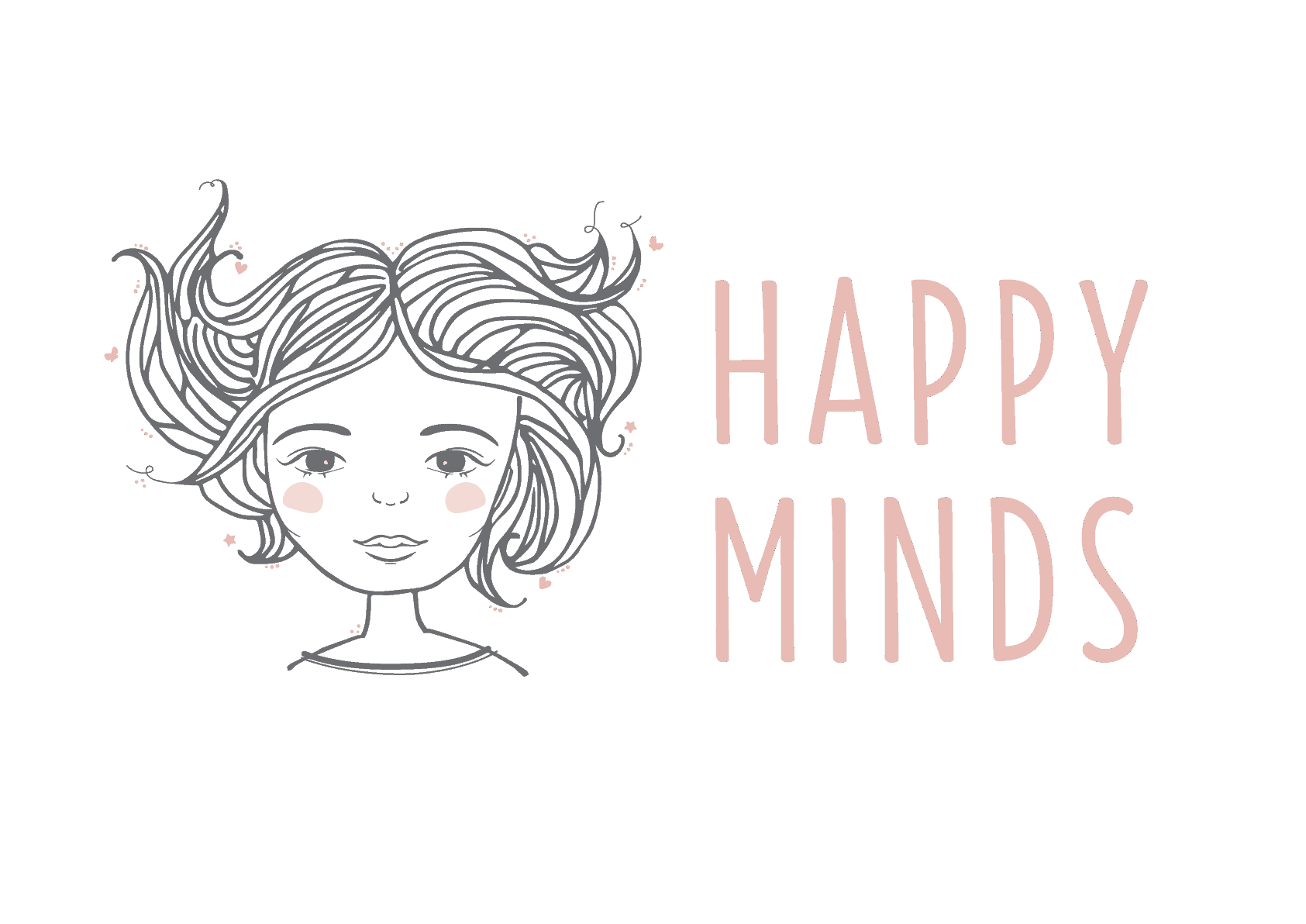If you look at raising children and running a household as an ongoing (and particularly important) project – who in your household is the project manager? The person who anticipates problems, identifies possible solutions, makes decisions and monitors the outcomes of those decisions in a never-ending feedback loop? If it’s you, the mother, you’re not alone. Research has shown that this ‘cognitive labour’ or ‘mental load’ falls disproportionately on women.
And if your household were a workplace, would the project manager still do the lion’s share of the actual physical labour? Or feel as though she is ‘nagging’ should labour be delegated?
Welcome to the ‘mental load’ – the invisible labour of keeping all of a family’s plates spinning in the air.
Unspoken burdens
Do you know what is in the fridge? Where the lunch boxes are? What will you buy for your child’s best friend’s birthday? When the sheets were changed last? Whether your child has almost outgrown her school shoes?
All of these are examples of the cognitive effort that defines the mental load. And as each new piece of information is added to the pile, then constantly shuffled to ensure important tasks aren’t overlooked, the burden gets heavier. Unfortunately, this labour – all of those juggling thoughts of dinner and school lunches and playdates and birthday presents – is invisible. And invariably overlooked.As a society, we’re slowly getting better at discussing gender disparities when it comes to the physical labour of running a home. Unfortunately, when it comes to the cognitive load, we’re way behind in our discussions, and for many, we lack even the language to describe it. We often also lack the emotional energy to confront it. How often, after all, have you done a chore yourself, just to avoid the conflict involved in asking someone else to do it?
Impacts of the mental load
Recognising that this burden can have negative consequences for both your mental and physical health is incredibly important. Issues that may stem from shouldering too much of your family’s mental workload include:
- Sleep issues – tossing and turning with your thoughts in overdrive
- An inability to make space for self-care, exercise and healthy eating – putting everyone else’s needs first
- Emotional exhaustion – constantly thinking about upcoming responsibilities and tasks can drain away any sense of day-to-day satisfaction
- Mental exhaustion – a permanent state of severe overwhelm
- Anxiety and depression – an inability to step away from the juggle can create or exacerbate these states
How to share the load
Laying down some of the mental burdens can be difficult. There is, after all, a sense of control in ‘doing it all’, and oftentimes we’ve convinced ourselves we’re the only ones capable of keeping track of everything. One of the first steps in sharing the work is realising that it is possible to do so. Then:
Start with a conversation
The now-famous cartoon by French feminist Emma is a great conversation starter – particularly if you’re experiencing the ‘you should have asked’ blues. Voicing your issues will reduce some of its invisible power. Be prepared to talk about how shouldering this burden makes you feel. And be specific – the more you can nail down the nitty-gritty, the easier it will be for those around you to understand.
Communicate
Once you’ve started talking, keep doing it! But be explicit in your desire to co-manage the household. This isn’t about you delegating what needs to be done, it’s about everyone taking the initiative – or about divvying up the anticipating/thinking/planning/scheduling/taking stock, as well as the actual chores.
Recognise ‘different’ is not necessarily ‘not as good’
Yes – to reduce your load, you will need to relinquish some control! And you’ll need to accept that people approach tasks differently – possibly ignoring those ingrained societal ‘it reflects on me as a mother’ feelings in the process. And if something does matter to you, like ensuring soft plastics get recycled and not binned, for example, explaining why may reduce suspicions of micromanagement.
Keep communicating
Unfortunately, this isn’t a set and forget situation. Circumstances evolve and change over time, and so will your conversations around their planning and management. But remember – those conversations will be easier the more you have them. Check-in regularly to debrief on how you’re both going, what’s working (or not), and where fine-tuning may need to occur.
Contact your Geelong Psychologist if you need help
If you feel that your mental workload is negatively impacting your day-to-day wellbeing; particularly if you’re struggling to voice these issues; it may help to speak to an experienced therapist.
Using positive psychology methods, our Happy Minds counsellors can support you to not only manage your mental load but also give you the tools to speak about it so that it can be shared more evenly.
Coaching and psychology services are available face-to-face in our serene Ocean Grove offices or via Telehealth across Australia. Call us on 03 5292 8833, email [email protected] or make a booking through our online contact form.

